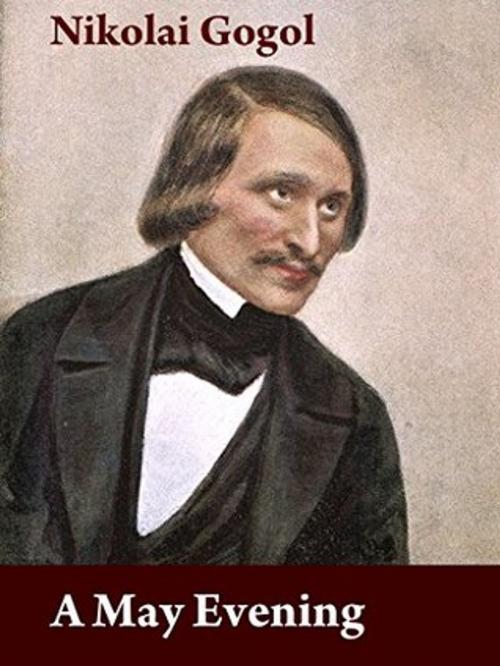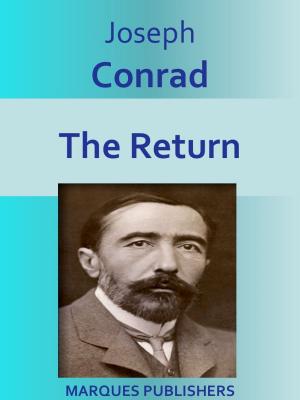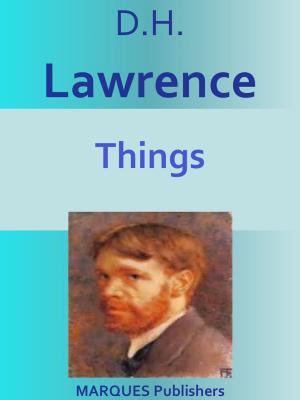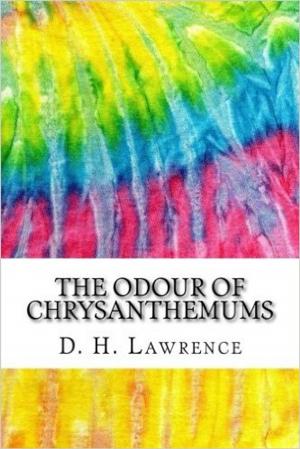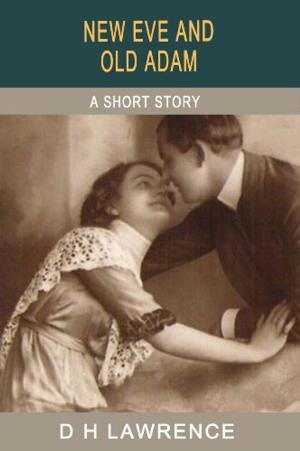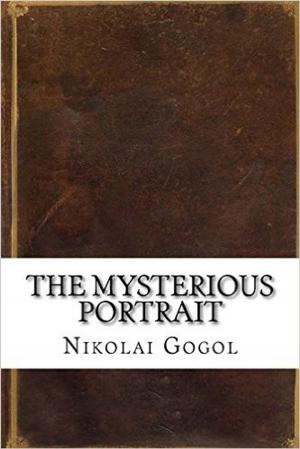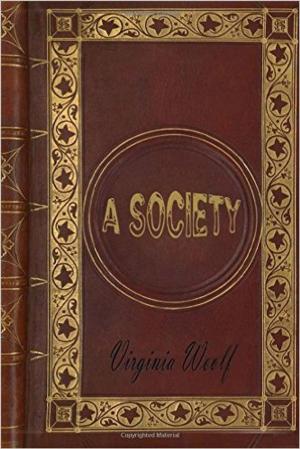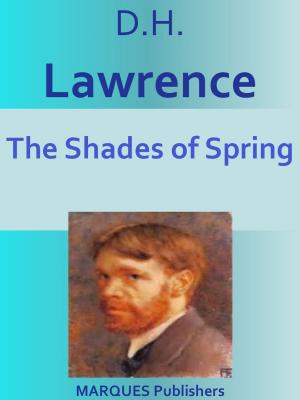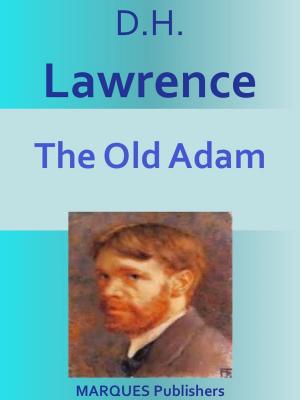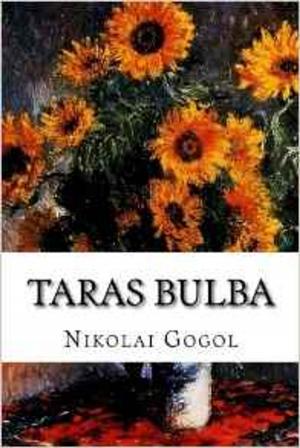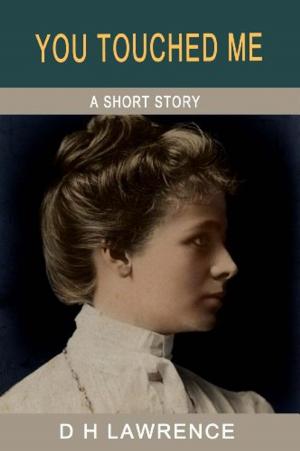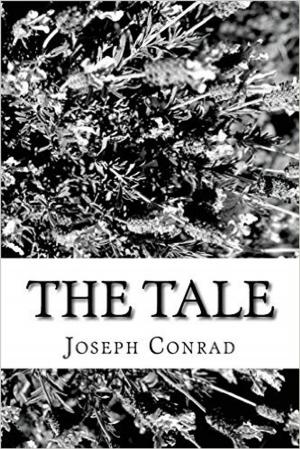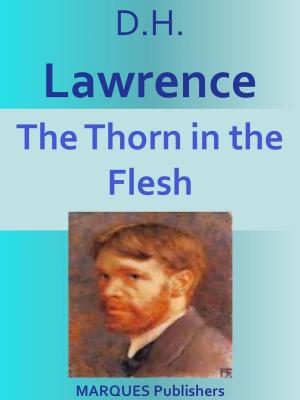| Author: | Nikolai Gogol | ISBN: | 1230001310863 |
| Publisher: | MARQUES PUBLISHERS | Publication: | August 14, 2016 |
| Imprint: | Language: | English |
| Author: | Nikolai Gogol |
| ISBN: | 1230001310863 |
| Publisher: | MARQUES PUBLISHERS |
| Publication: | August 14, 2016 |
| Imprint: | |
| Language: | English |
Nikolai Vasilievich Gogol (31 March 1809 - 4 March 1852) was a Ukrainian-born Russian dramatist, novelist and short story writer. Considered by his contemporaries one of the preeminent figures of the natural school of Russian literary realism, later critics have found in Gogol's work a fundamentally romantic sensibility, with strains of Surrealism and the grotesque ("The Nose," "Viy," "The Overcoat," "Nevsky Prospekt"). His early works, such as Evenings on a Farm Near Dikanka, were influenced by his Ukrainian upbringing, Ukrainian culture and folklore. His later writing satirised political corruption in the Russian Empire (The Government Inspector, Dead Souls), leading to his eventual exile. The novel Taras Bulba (1835) and the play Marriage (1842), along with the short stories "Diary of a Madman," "The Tale of How Ivan Ivanovich Quarreled with Ivan Nikiforovich," "The Portrait" and "The Carriage," round out the tally of his best-known works. In 1831, he brought out the first volume of his Ukrainian stories (Evenings on a Farm Near Dikanka), which met with immediate success. He followed it in 1832 with a second volume, and in 1835 by two volumes of stories entitled Mirgorod, as well as by two volumes of miscellaneous prose entitled Arabesques. At this time Russian editors and critics such as Nikolai Polevoy and Nikolai Nadezhdin saw in Gogol the emergence of a Ukrainian, rather than Russian, writer, using his works to illustrate supposed differences between Russian and Ukrainian national characters, a fact that has been overlooked in later Russian literary history. The themes and style of these early prose works by Gogol, as well as his later drama, were similar to the work of Ukrainian writers and dramatists who were his contemporaries and friends, including Hryhory Kvitka-Osnovyanenko and Vasily Narezhny. However, Gogol's satire was much more sophisticated and unconventional. At this time, Gogol developed a passion for Ukrainian history and tried to obtain an appointment to the history department at Kiev University. Despite the support of Pushkin and Sergey Uvarov, the Russian minister of education, his appointment was blocked by a Kievan bureaucrat on the grounds that he was unqualified. His fictional story Taras Bulba, based on the history of Ukrainian cossacks, was the result of this phase in his interests. During this time he also developed a close and lifelong friendship with another Ukrainian, the historian and naturalist Mykhaylo Maksymovych.
Nikolai Vasilievich Gogol (31 March 1809 - 4 March 1852) was a Ukrainian-born Russian dramatist, novelist and short story writer. Considered by his contemporaries one of the preeminent figures of the natural school of Russian literary realism, later critics have found in Gogol's work a fundamentally romantic sensibility, with strains of Surrealism and the grotesque ("The Nose," "Viy," "The Overcoat," "Nevsky Prospekt"). His early works, such as Evenings on a Farm Near Dikanka, were influenced by his Ukrainian upbringing, Ukrainian culture and folklore. His later writing satirised political corruption in the Russian Empire (The Government Inspector, Dead Souls), leading to his eventual exile. The novel Taras Bulba (1835) and the play Marriage (1842), along with the short stories "Diary of a Madman," "The Tale of How Ivan Ivanovich Quarreled with Ivan Nikiforovich," "The Portrait" and "The Carriage," round out the tally of his best-known works. In 1831, he brought out the first volume of his Ukrainian stories (Evenings on a Farm Near Dikanka), which met with immediate success. He followed it in 1832 with a second volume, and in 1835 by two volumes of stories entitled Mirgorod, as well as by two volumes of miscellaneous prose entitled Arabesques. At this time Russian editors and critics such as Nikolai Polevoy and Nikolai Nadezhdin saw in Gogol the emergence of a Ukrainian, rather than Russian, writer, using his works to illustrate supposed differences between Russian and Ukrainian national characters, a fact that has been overlooked in later Russian literary history. The themes and style of these early prose works by Gogol, as well as his later drama, were similar to the work of Ukrainian writers and dramatists who were his contemporaries and friends, including Hryhory Kvitka-Osnovyanenko and Vasily Narezhny. However, Gogol's satire was much more sophisticated and unconventional. At this time, Gogol developed a passion for Ukrainian history and tried to obtain an appointment to the history department at Kiev University. Despite the support of Pushkin and Sergey Uvarov, the Russian minister of education, his appointment was blocked by a Kievan bureaucrat on the grounds that he was unqualified. His fictional story Taras Bulba, based on the history of Ukrainian cossacks, was the result of this phase in his interests. During this time he also developed a close and lifelong friendship with another Ukrainian, the historian and naturalist Mykhaylo Maksymovych.
